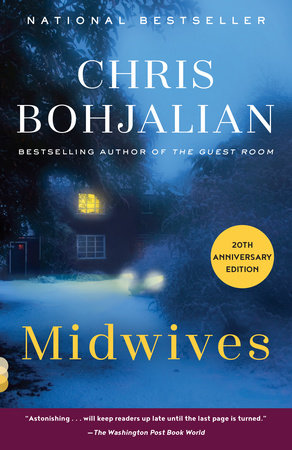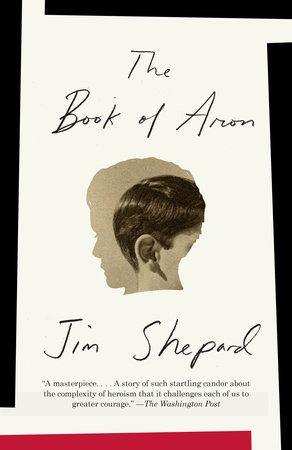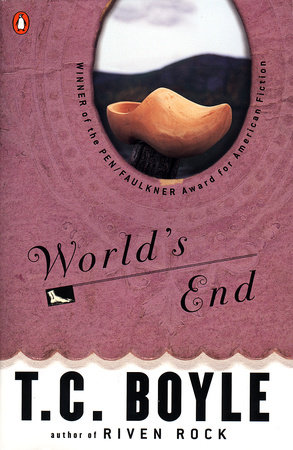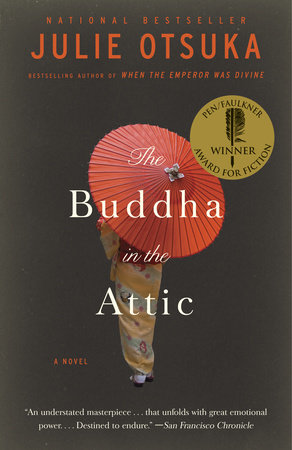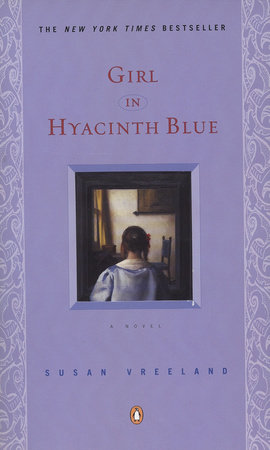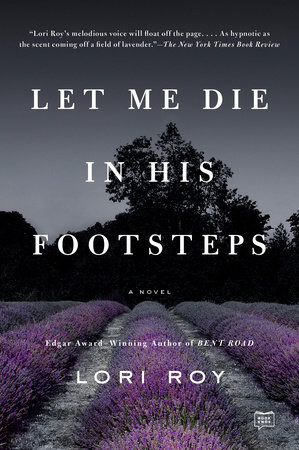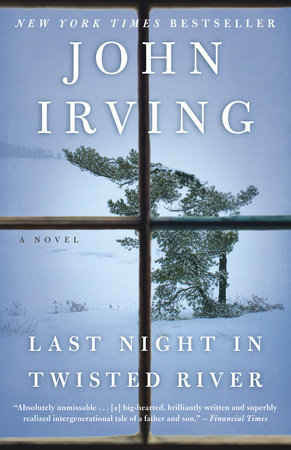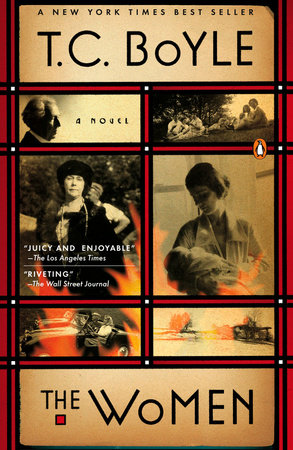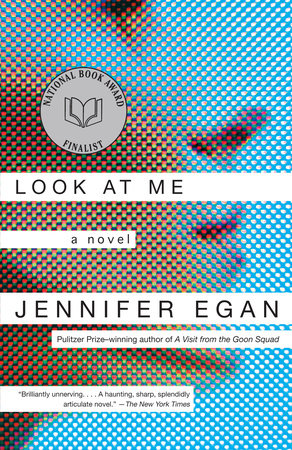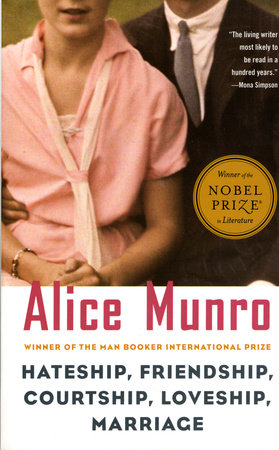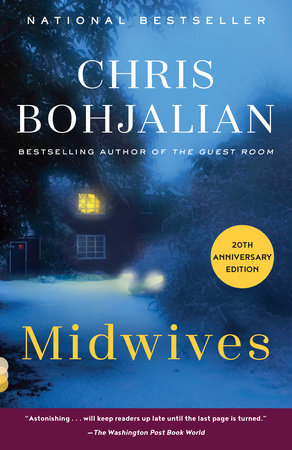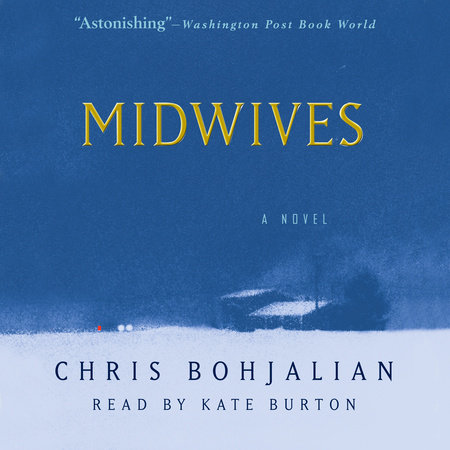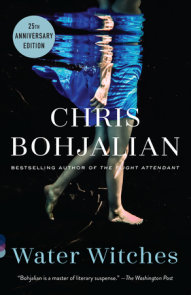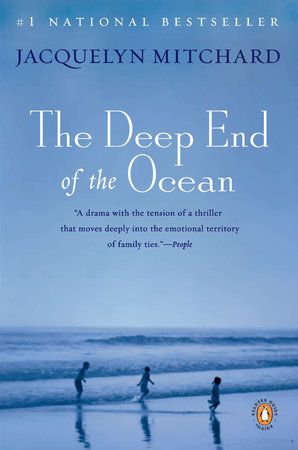Author Q&A
A Interview with Chris Bohjalian
Q: What made you choose to write a book about a midwife?
A: It wasn’t so much midwifery that interested me as it was drama. About six months after my daughter was born–a perfectly fine hospital delivery–I was at a dinner party here in rural Vermont where I live, and I met the local lay midwife. She started teasing me very good-naturedly about the fact that my wife and I had traveled 32.4 miles to that hospital in the middle of the night to have our baby.
"If you had used me," she said, smiling, "you could have had your little girl at your home in Lincoln. Your bedroom, if you wanted. And you could have caught her."
I’d never heard the verb "catch" in the context of birth, and I grew fascinated. Then, as she told me little bits about her life–the sensations of delivering (or "catching") a baby in a bedroom, the wonderful drama that seems to attend almost any birth–I became hooked. Sitting beside me, I realized, was a woman who saw more sobbing men than any other professional I was likely to meet. After all, she was there from the moment a labor began until the baby arrived. She witnessed the absolutely momentous roller-coaster of emotion that seems to accompany every birth.
Of course I also learned in my research that midwives who specialize in home birth also shoulder enormous responsibility. They deliver babies far from the medical safety net we take for granted. Clearly they’re extraordinary people, and clearly they’re immensely gifted. But it is still a very special woman who can help a laboring mother remain focused and composed when the pain is intense and there’s no epidural on the horizon. It’s a rare woman indeed who–as one midwife who helped me with the book actually did–can successfully deliver a breech in a bedroom, with the knowledge that failure will result in head entrapment and death.
Q: Your book, MIDWIVES, is a dramatic story of a midwife who stands trial for manslaughter. Is this based upon a true story?
A: No. Fortunately, it is not.
But lay midwives are nevertheless beleaguered in many states. A season doesn’t seem to go by when a lay midwife isn’t on trial somewhere for simply doing what she has done fabulously well for years: Catch babies. Yet in the eyes of much of the medical community, she’s "practicing medicine without a license," and subject to a prosecution that borders often on persecution.
Q: You give such descriptive details of the home-birthing process, did you actually work with a midwife to get such perspective?
A: I interviewed roughly 65 people while researching Midwives. I spent time with midwives and ob-gyns, prosecutors and defense attorneys, and literally dozens of people who had their babies at home.
Without exception, the midwives were wonderful: Forthcoming and honest, and rich with stories. Not only were they unfailingly patient (clearly a part of the job description), but they were very comfortable talking about the joys and risks that mark their profession.
Q: What reaction have you gotten from midwives about your book?
A: When the book was first published in hardcover, some midwives thought I was Satan. It’s just that simple. There were some who thought I was the single worst thing to happen to birth since forceps.
And that’s understandable: Few midwives are going to be wild about the notion of a novel in which a woman dies in a home birth, and is then tried for manslaughter.
But the midwives who read the book for me in manuscript form and who helped me with my research really loved it. They read it is a novel about the strength of one woman and one family, and they read it as a courtroom drama.
And once the book was a few months old, a great many midwives started backing the book, and–like me–really caring for my fictional midwife, Sibyl Danforth. Midwives is my fifth novel, and I’ve never loved a character as much as I loved Sibyl. (I’m working very hard to convince myself my infatuation is healthy.)
Moreover, I do not believe it will scare anyone away from home birth. When I was touring with the hardcover, a great many mothers came to my readings with their little babies born at home, and told me how the book had reinforced their faith in midwifery, home birth, and the love a midwife brings to the experience. They had really cherished the novel.
Q: After writing this book, would you and your wife consider using a midwife at the birth of your next child?
A: In a heartbeat. My wife and I would be very comfortable having a baby at home, or using one of the terrific nurse-midwives at the hospital.
Certainly we’d see an ob-gyn in the beginning as well, to make sure that Victoria (my wife) was a good candidate for a midwife-attended birth. But assuming it was a low-risk pregnancy, we’d be eager to call our neighbor–now friend and neighbor–who happens to be a midwife, and ask her to help us have our baby.
